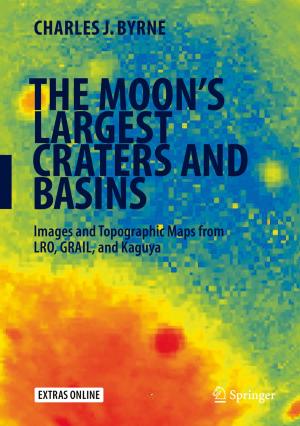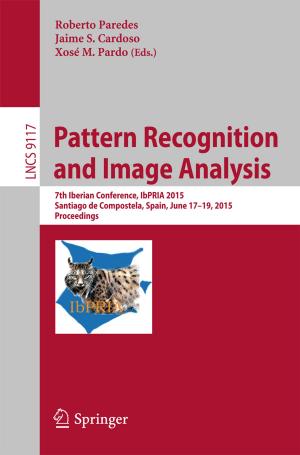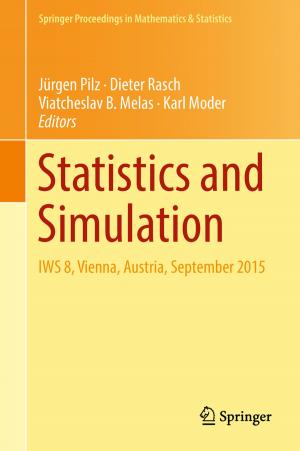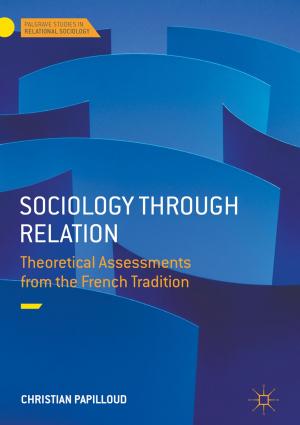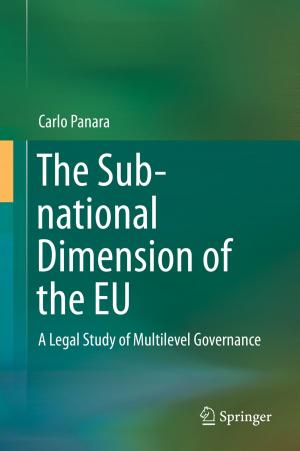Dislocations of Civic Cultural Borderlines
Methodological Nationalism, Transnational Reality and Cosmopolitan Dreams
Nonfiction, Social & Cultural Studies, Social Science, Methodology, Sociology| Author: | ISBN: | 9783319218045 | |
| Publisher: | Springer International Publishing | Publication: | November 12, 2015 |
| Imprint: | Springer | Language: | English |
| Author: | |
| ISBN: | 9783319218045 |
| Publisher: | Springer International Publishing |
| Publication: | November 12, 2015 |
| Imprint: | Springer |
| Language: | English |
This book examines changes of citizenship in the light of dislocated habitations. It highlights the ways in which the membership in a local community is shifting away from national frameworks, and explores the dislocations brought about by transnational and cosmopolitan forms of belonging. Containing theoretical, methodological and political contributions, the volume takes part in the social political and cultural discussion around migration, transnationalism, multiculturalism, multiple citizenship and cosmopolitan civic activities. It presents dislocation as a covering concept and a metaphor for describing circumstances in which the conventional ways and frames of conducting social scientific analysis, social policies, or politics no longer suffice. The book shows how scientific and political projects, educational curricula and policy institutions still lean mainly on the logics of mono-cultural nation-states and citizenships, without recognizing the dislocated nature of contemporary citizenship and civil society. Offering solutions, the book proposes new ways of collecting data and conducting analyses, explains the new logics of citizenship and civic activities, and offers tools for developing civic and citizenship policies that consider the transnational reality of people’s everyday lives and life histories.
This book examines changes of citizenship in the light of dislocated habitations. It highlights the ways in which the membership in a local community is shifting away from national frameworks, and explores the dislocations brought about by transnational and cosmopolitan forms of belonging. Containing theoretical, methodological and political contributions, the volume takes part in the social political and cultural discussion around migration, transnationalism, multiculturalism, multiple citizenship and cosmopolitan civic activities. It presents dislocation as a covering concept and a metaphor for describing circumstances in which the conventional ways and frames of conducting social scientific analysis, social policies, or politics no longer suffice. The book shows how scientific and political projects, educational curricula and policy institutions still lean mainly on the logics of mono-cultural nation-states and citizenships, without recognizing the dislocated nature of contemporary citizenship and civil society. Offering solutions, the book proposes new ways of collecting data and conducting analyses, explains the new logics of citizenship and civic activities, and offers tools for developing civic and citizenship policies that consider the transnational reality of people’s everyday lives and life histories.

